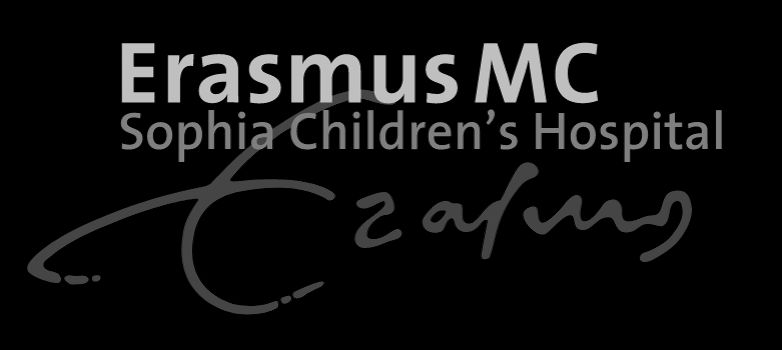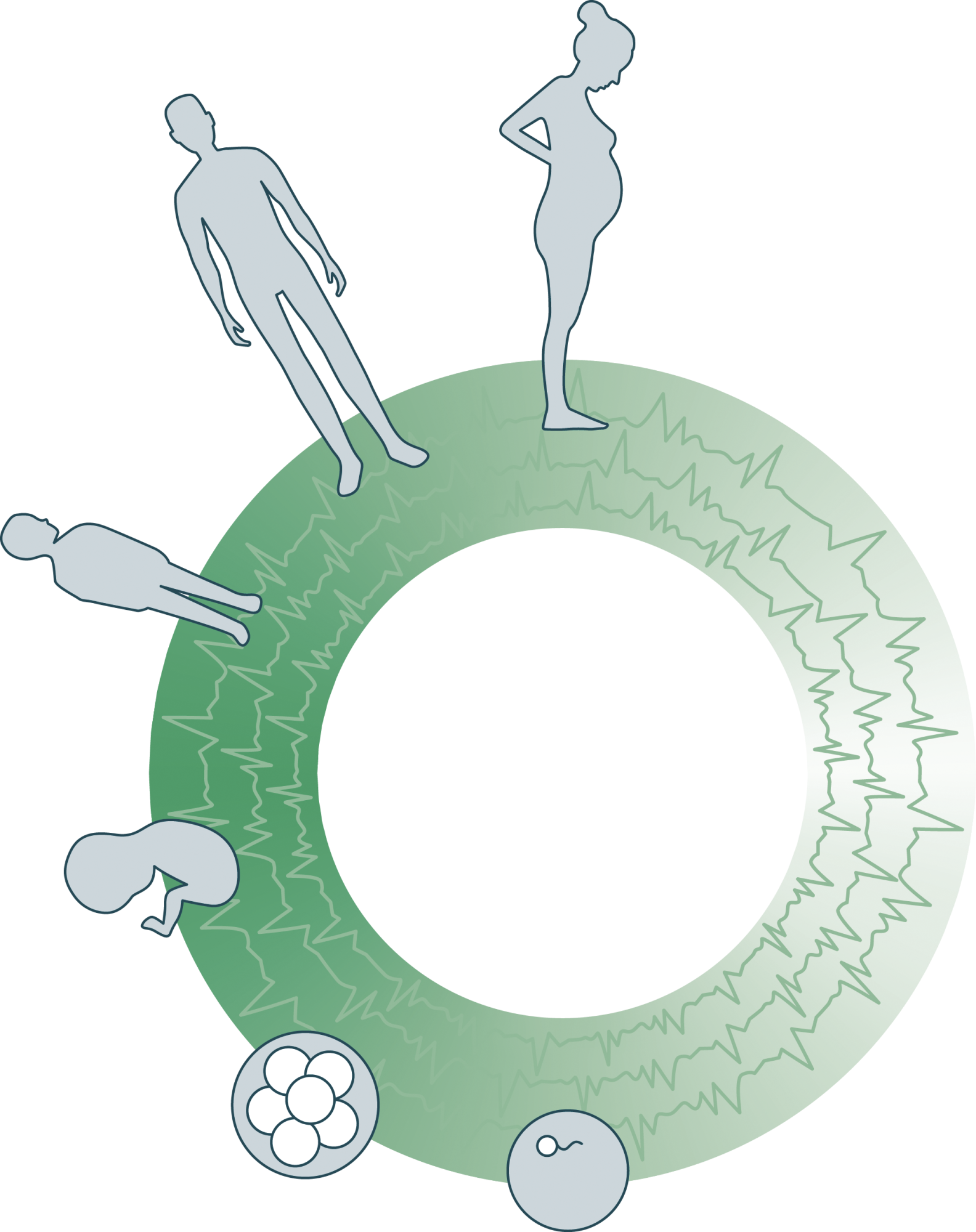General information
What is the Dutch Fetal Biobank?
The Dutch Fetal Biobank is a globally unique initiative where human embryos and fetuses are stored for medical scientific research. This is done explicitly after written permission from the donors. The Dutch Fetal Biobank started in 2017 in the Amsterdam UMC, location AMC (University of Amsterdam) and has since expanded to other hospitals in The Netherlands.
Why does the Fetal Biobank exist?
There are many reasons why it is necessary to conduct research with human embryonic and fetal tissue and why it is so important that the Dutch Fetal Biobank exists. The Dutch Fetal Biobank supports research into cell and organ development. These studies look for an explanation of how certain diseases arise that are already present at birth. We have also noticed that there is a need for parent(s) who have decided to terminate their pregnancy to donate their embryo/fetus for scientific research. The Dutch Fetal Biobank ensures that parent(s) receive the correct information about donation and that the use of the tissue is done with respect and in accordance with all rules and laws.
Who can donate to the Dutch Fetal Biobank?
Parent(s) who have decided to terminate the pregnancy, or who are confronted with an ectopic pregnancy (outside the womb), or a prematurely born baby, can donate voluntarily. In the participating hospitals, the treating gynecologist/midwife will discuss information about this option with them and explain the procedure so that the parent(s) can make the right choice. The donation is completely anonymous, which means that no information from the parents is linked to the tissues used for scientific research. This also means that, after the actual transfer to the fetal biobank, the donation cannot be withdrawn.
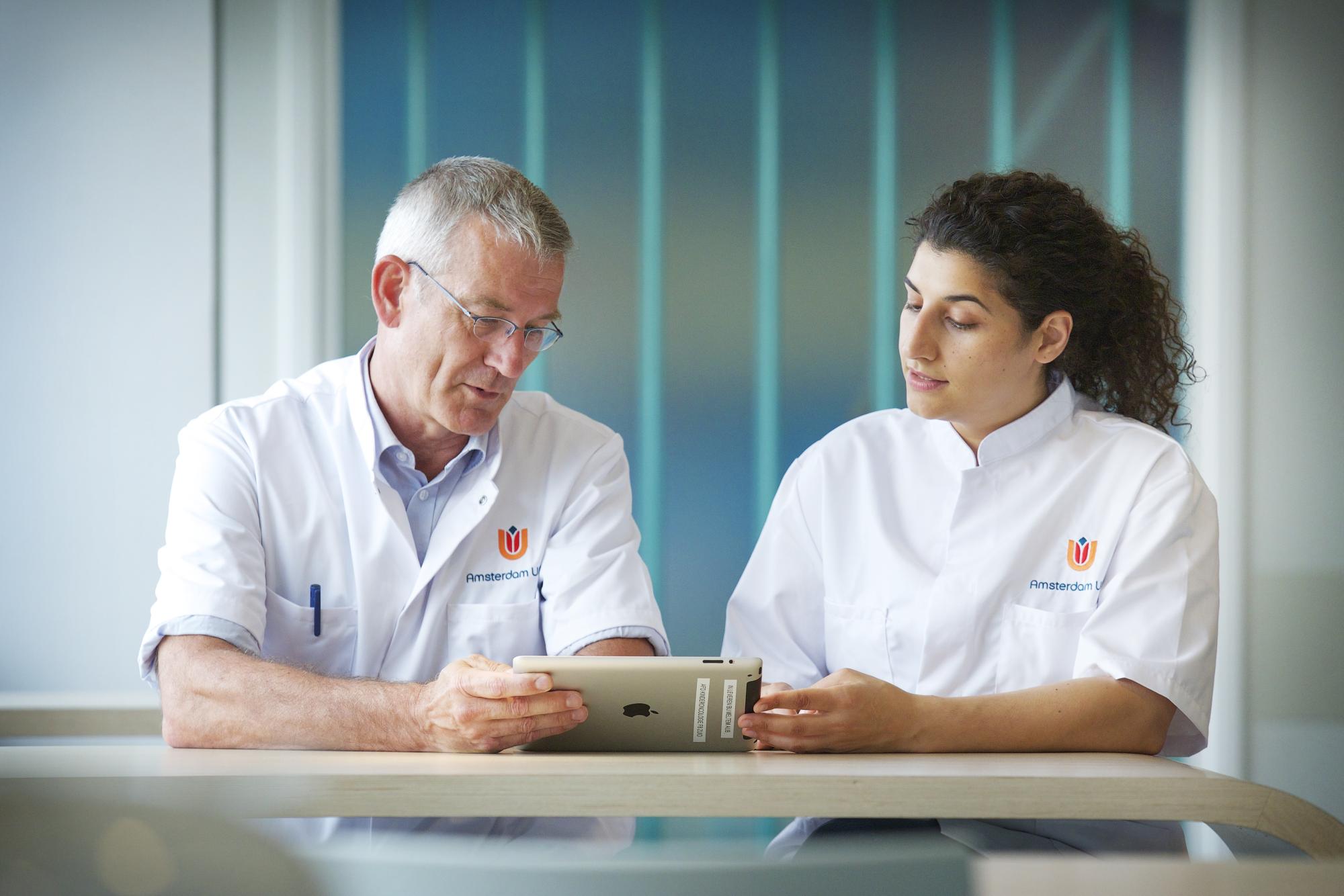
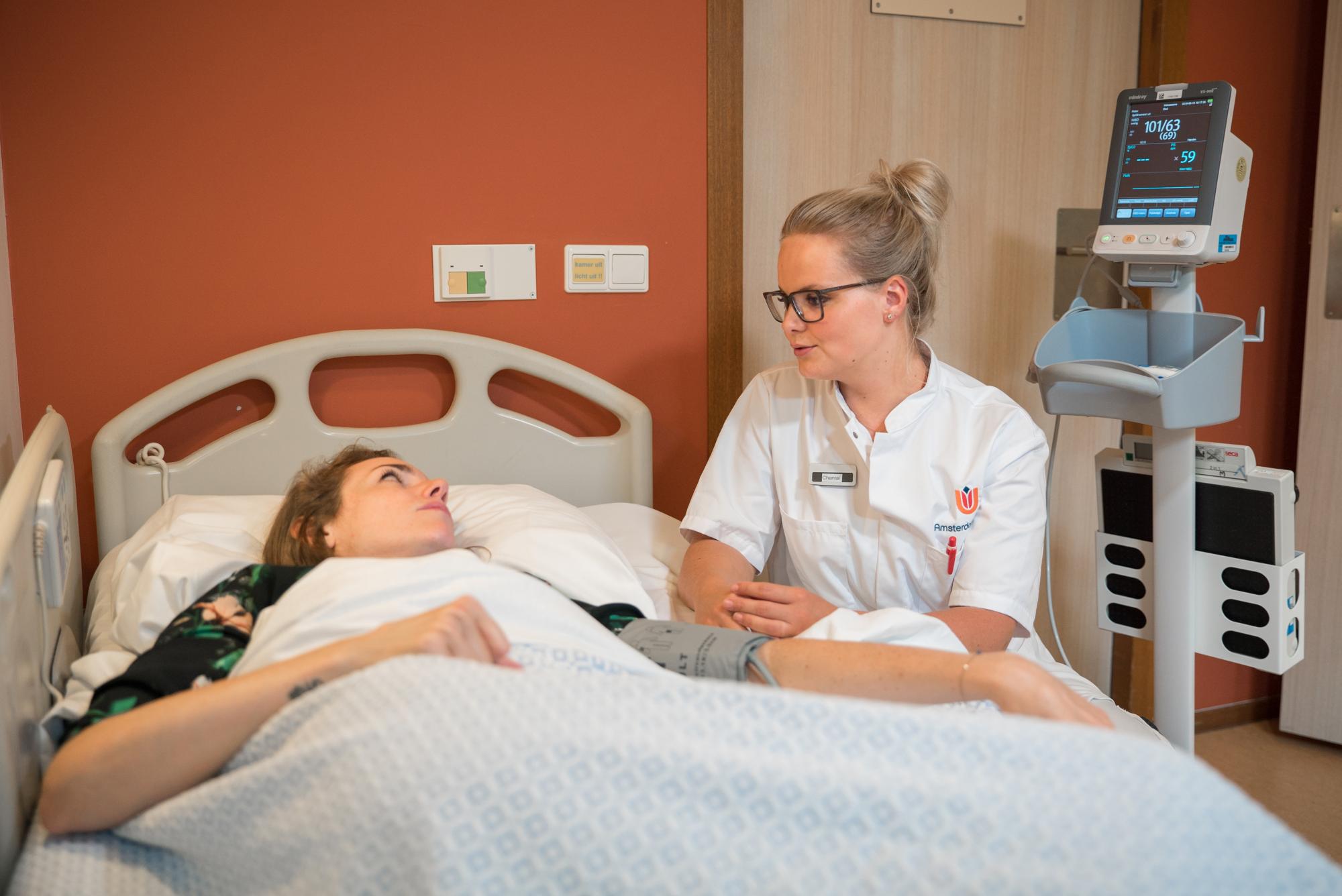
Other important information about the donation:
- Only parent(s) who have already made the decision to terminate the pregnancy may be approached. The option to donate should not influence the decision to terminate the pregnancy.
- All questions from the donors must be answered.
- Donors are given plenty of time to think about this option, without pressure from others.
- The tissue is not used for experiments in which new embryos are created.
- The tissue will not be shared with commercial parties.
- There is no (financial) compensation for donation and parent(s) who have decided to donate will receive the same care as parent(s) who do not donate.
Donate via the TOP study (<24 weeks)
Link with PIFs (NL)
Link with PIFs (EN)
Via this Link you can download the PIFs including informed consent forms. The informed consent forms must be scanned and kept in the mother’s file on location. This means that the forms may not be sent with the fetus. After all, the donation is anonymous.
Here you will find a handy flowchart in which the various steps surrounding the donation process are briefly explained.
Link with TOP study collection protocol
Here you will find useful information about donation, for both counseling at the outpatient clinic and the process in the delivery rooms.
When can patients donate?
- Any competent patient over the age of 16 who wishes to have the pregnancy terminated, regardless of the indication for termination.
- The termination must take place by means of medication, or;
- There is an immature birth, or;
- There is a vital EUG, in which an surgical removal of the fallopian tube (tubectomy) is performed.
When is donation not possible?
- If the pregnant woman is younger than 16 years old or is legally incompetent.
- If there is an intrauterine fetal death (IUVD), or spontaneous miscarriage.
- In addition, it is not possible to donate if the wish for autopsy is there. It is possible to take a muscle fascia biopsy for donation. If in doubt about what is or is not possible, please contact the Biobank.
Donate via the anatomy department (>24 weeks)
In the event of the death of a fetus above 24 weeks of pregnancy, the law on funeral services applies. According to the law, the bodies of the deceased are buried or cremated. In addition, it is possible for parents to donate the fetus to science. Fetuses over 24 weeks gestational age can be donated to the Dutch Fetal Biobank via the Department of Medical Biology, section Clinical Anatomy & Embryology of the Amsterdam UMC, location AMC (University of Amsterdam). The principle is the same as donation of fetuses under 24 weeks, only the forms are different.
Link with body donation form 1, form 2, form 3
The forms are handed over with the fetus for the statutory codicil administration of the department of anatomy, Amsterdam UMC, location AMC. The fetus is anonymized before it is made available for scientific research.
Link to body donation flowchart
Here you will find a flowchart in which the various steps surrounding the donation process are briefly explained.
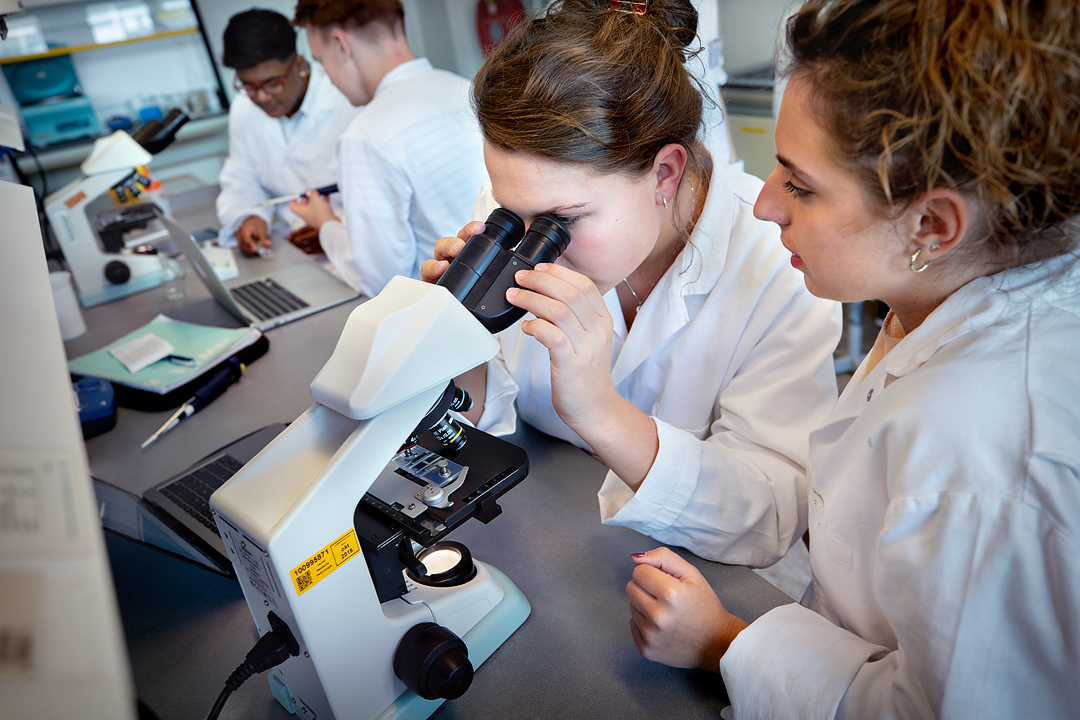
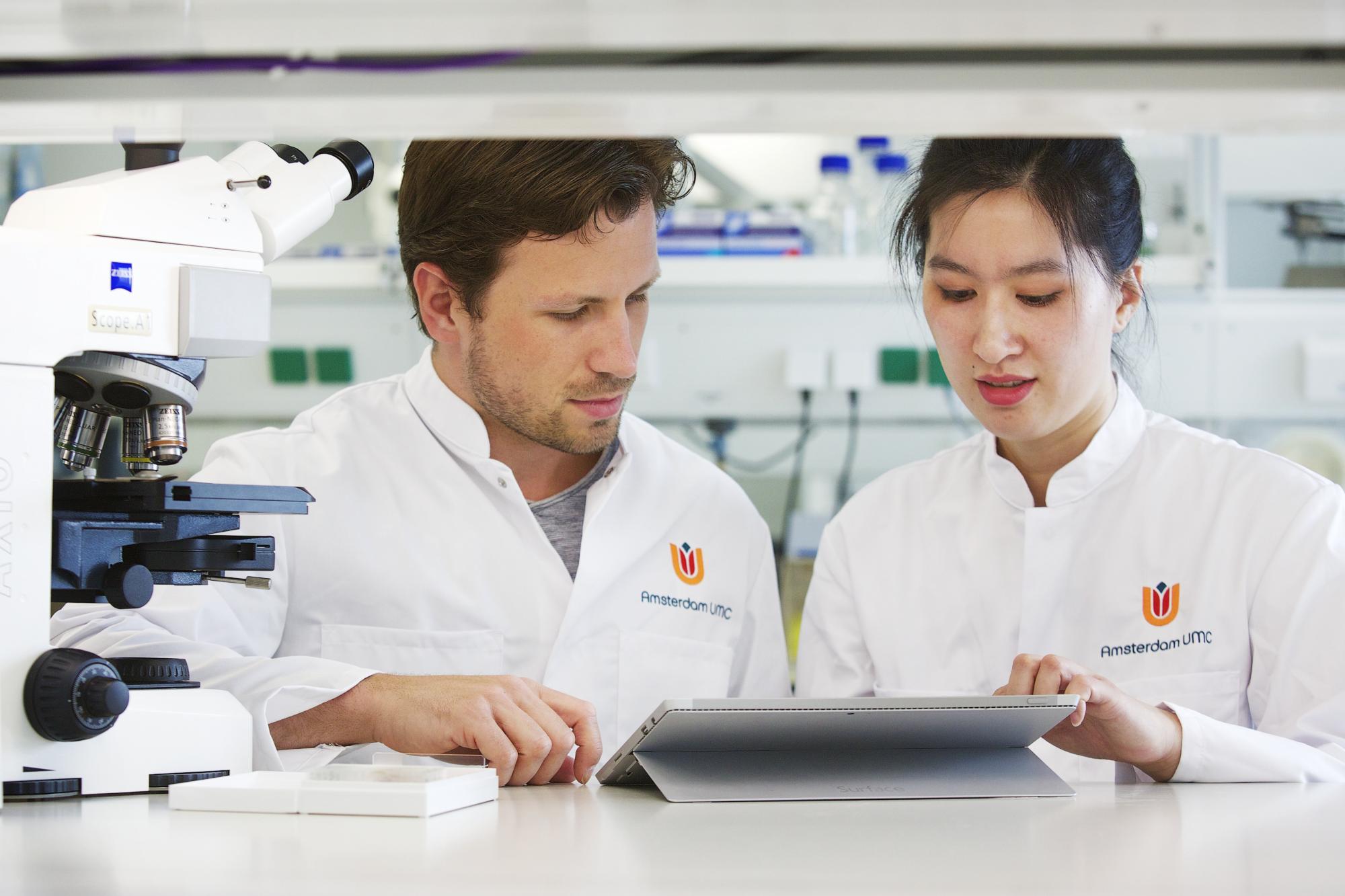
FAQ
Will donations be accepted from non-participating hospitals?
Yes, it is always advisable to contact us (24/7) to discuss the possibilities. For donations from non-participating centers, the route ‘Donate via the anatomy department’ applies even if the fetus is <24 weeks because these centers are not included in the TOP study protocol.
Where can I find patient information forms (PIFs)?
Fetus < 24 weeks: Via the links below you can download the PIFs including informed consent forms.
PIF < 24 weeks (NL)
PIF < 24 weeks (EN)
Fetus > 24 weeks: Via the links below you can download the body donation forms (3 pieces).
What should I do with the signed informed consent forms?
Fetus < 24 weeks: The informed consent forms must be scanned into the patient’s file and kept on location. This means that the forms should not be sent along with the fetus.
Fetus > 24 weeks: The body donation forms (3 pieces) are given with the fetus for administration at the anatomy department of Amsterdam UMC, location AMC. The fetus is then anonymized.
When should cardiac action monitoring take place?
Before starting misoprostol initiation and before each subsequent misoprostol dose.
Why is cardiac action control necessary?
For some studies, the quality of the tissue is very important. An important indicator for this is the postmortem interval. To gain insight into this, it is therefore of great value to have regular cardiac action monitoring carried out. Heart rate monitoring is not mandatory for participation.
What happens to the fetus?
There are roughly two options.
Option 1 : the fetus is preserved in its entirety in formalin. Very high resolution images (with MRI or CT) are made of this to study organ development. These images will help, for example, in the future to detect congenital abnormalities earlier on ultrasound.
Option 2: biopsies are taken to study organ development at the RNA/DNA/epigenetic level. These biopsies provide information about the origin of congenital abnormalities.
It is difficult to predict in advance which of the two options the fetus will be used for.
Can parents receive feedback on any abnormalities found?
No, the fetuses are completely anonymized. This means that it can no longer be retrieved from which fetus was which. This is an obligation imposed by the Medical Ethics Committee (METC).
Where is the material stored?
The Dutch Fetal Biobank is located in the Amsterdam UMC, location AMC.
How long will the tissue be stored?
The tissues can be stored for 50 years or longer to give as many researchers as possible the opportunity to work with the valuable tissue. Tissue that remains after studies is collectively cremated through the pathology department.
I have another question
If you have another question that is not answered here, you can always contact the Dutch Fetal Biobank.


